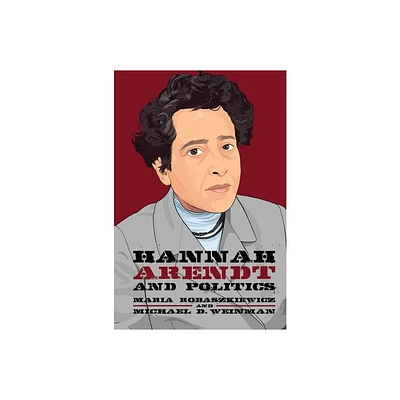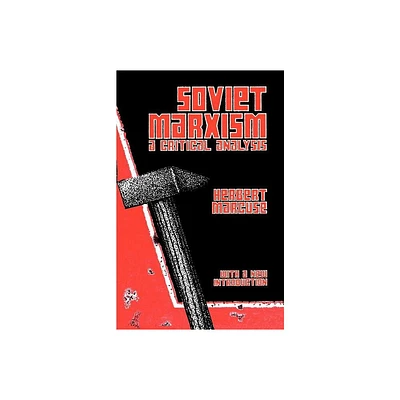Home
Politics as Radical Creation: Herbert Marcuse and Hannah Arendt on Political Performativity
Loading Inventory...
Barnes and Noble
Politics as Radical Creation: Herbert Marcuse and Hannah Arendt on Political Performativity
Current price: $93.00


Barnes and Noble
Politics as Radical Creation: Herbert Marcuse and Hannah Arendt on Political Performativity
Current price: $93.00
Loading Inventory...
Size: Hardcover
*Product Information may vary - to confirm product availability, pricing, and additional information please contact Barnes and Noble
Politics as Radical Creation
examines the meaning of democratic practice through the critical social theory of the Frankfurt School. It provides an understanding of democratic politics as a potentially performative good-in-itself, undertaken not just to the extent that it seeks to achieve a certain extrinsic goal, but also in that it functions as a medium for the expression of creative human impulses. Christopher Holman develops this potential model through a critical examination of the political philosophies of Herbert Marcuse and Hannah Arendt.
Holman argues that, while Arendt and Marcuse's respective theorizations each ultimately restrict the potential scope of creative human expression, their juxtaposition - which has not been previously explored - results in a more comprehensive theory of democratic existence, one that is uniquely able to affirm the creative capacities of the human being. Yielding important theoretical results that will interest scholars of each theorist and of theories of democracy more generally,
provides a valuable means for rethinking the nature of contemporary democratic practice.
examines the meaning of democratic practice through the critical social theory of the Frankfurt School. It provides an understanding of democratic politics as a potentially performative good-in-itself, undertaken not just to the extent that it seeks to achieve a certain extrinsic goal, but also in that it functions as a medium for the expression of creative human impulses. Christopher Holman develops this potential model through a critical examination of the political philosophies of Herbert Marcuse and Hannah Arendt.
Holman argues that, while Arendt and Marcuse's respective theorizations each ultimately restrict the potential scope of creative human expression, their juxtaposition - which has not been previously explored - results in a more comprehensive theory of democratic existence, one that is uniquely able to affirm the creative capacities of the human being. Yielding important theoretical results that will interest scholars of each theorist and of theories of democracy more generally,
provides a valuable means for rethinking the nature of contemporary democratic practice.


















